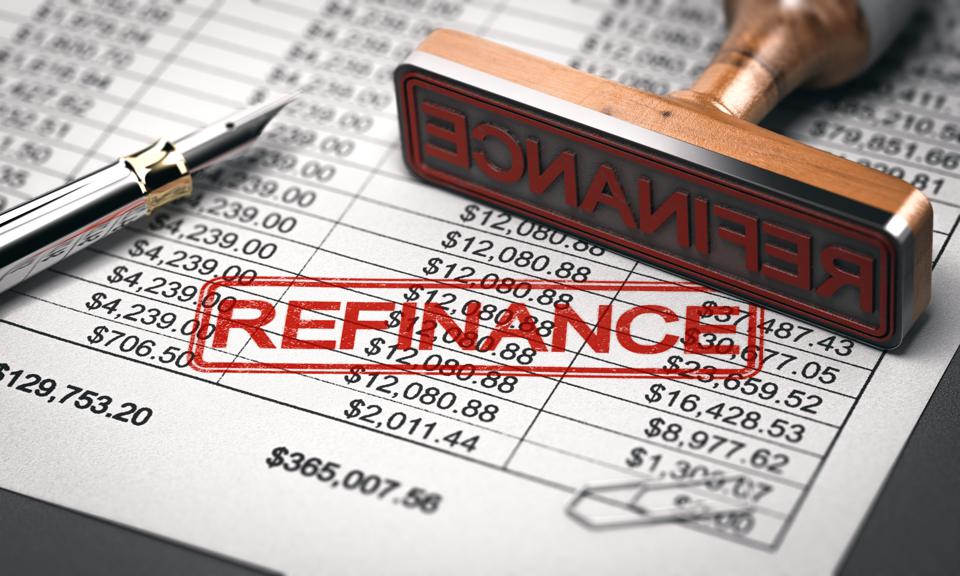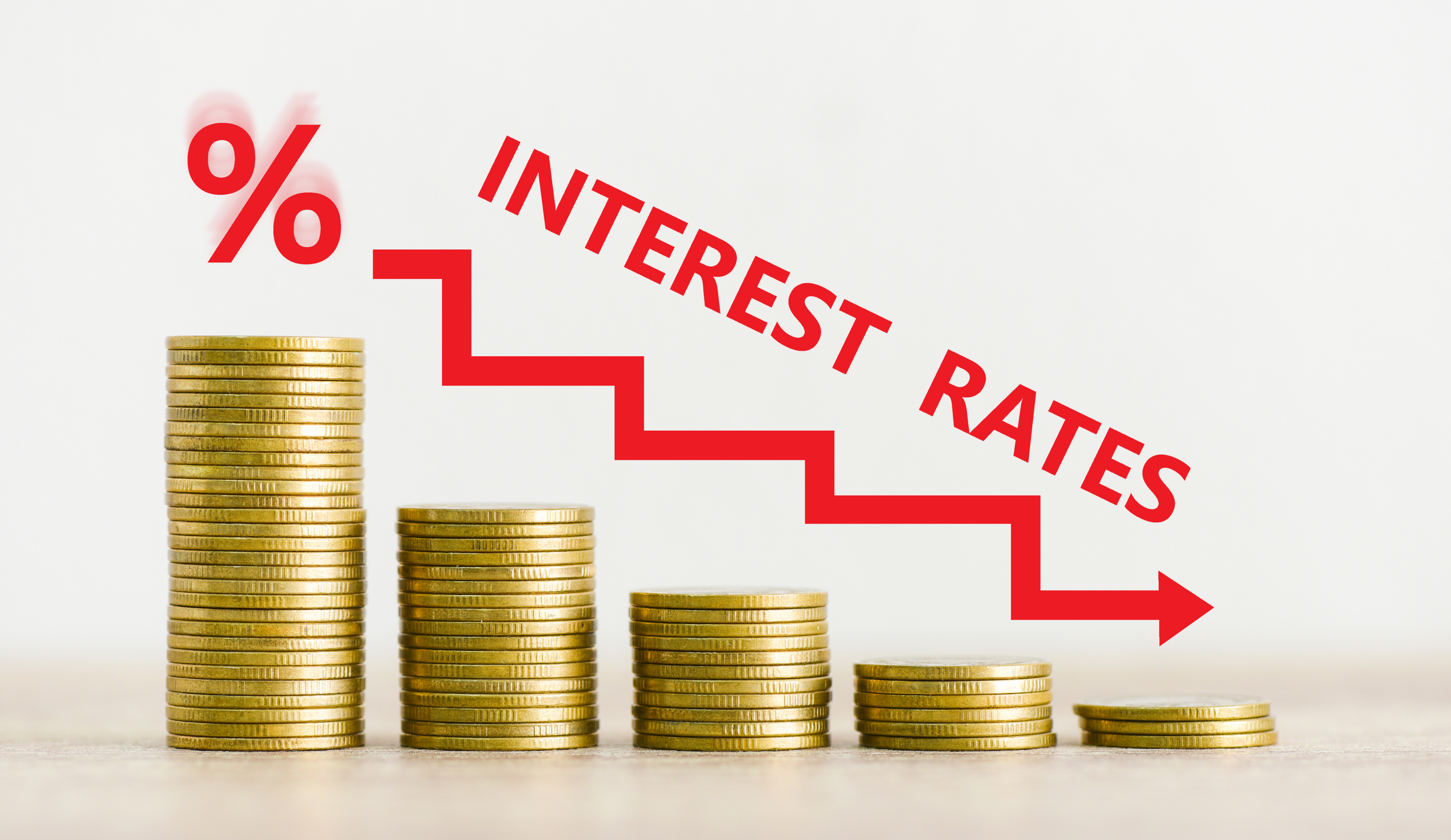Home Loans During COVID-19: Will These Low Interest Rates Last?
This article explains the economics of interest rates and inflation, and when the Federal Reserve of the United States is likely to increase interest rate
We’ve all had to adapt to the “new normal” during the pandemic. Many of us are now working remotely and still social distancing. What’s also changed is interest rates, which are at all-time lows. As of 30 September 2021, 1-month and 3-month SIBOR rates were at 0.26714% and 0.42976% respectively.
The reason for this is that the U.S. Federal Reserve (Fed) lowered the target for the benchmark federal funds rate to 0—0.25% due to COVID-19 and its effects on the economy. Because MAS does not directly influence interest rates, SIBOR tends to move in direct correlation with this rate.
Since February when a major drop in SIBOR occurred, the floating mortgage rates have also fallen dramatically, instigating a wave of refinancing. We are not criticizing this, and actually agree that this would be a smart thing to do when interest rates are so low.
But we’re all wondering, how long can interest rates remain so low? And more to the point, what happens to everyone’s mortgage when rates rise? These questions will be addressed in this article. To start, we need to know why the Fed, along with other central banks, responded to the recession by lowering interest rates.
Table of Contents
Economics 101: Central Banks & Interest Rates
When is the Fed Planning to Raise Interest Rates Again?
Looking Back on the Interest Rate Increase of 2018
Economics 101: Central Banks & Interest Rates
Central banks are tasked with regulating monetary policy in an attempt to exercise some control over the economy. And one of their main tools is manipulating interest rates. The Monetary Authority of Singapore (MAS) instead uses the exchange rate, but we are the outliers in this regard.
Singapore has an open economy with a monitory policy largely influenced by the global economy. This means that domestic interest rates are tied to global interest rates, although they usually remain a little lower than rates in the U.S.
Therefore, money market operations of the MAS never target a specific interest rate. Their goal is to ensure that Singapore’s banking system maintains a sufficient level of liquidity in terms of reserves and for settling balances while lowering the risks of interest volatility.
When interest rates are lowered, the costs of borrowing money are reduced, and this stimulates the economy by driving consumption, which is an integral part of GDP. On the other hand, when interest rates go up an overheated economy with high inflation cools down. Therefore, central banks raise borrowing costs to encourage less buying and more savings. This lowers the money supply while bringing down prices.
Inflation is a vital metric in this equation and most central banks use a target inflation range to determine interest rates. When inflation rises above that range, they raise the rates. However, if inflation stays below that range, central banks realize that they have some leeway to lower interest rates in order to increase consumption.
This is why inflation plays such a big role in projecting when interest rates will go up again.
When is the Fed Planning to Raise Interest Rates Again?
Inflation is starting to rear its ugly head again, which is causing problems for those in charge of global monetary policy, whose job is to ensure that prices remain stable. As long as supply disruptions continue with ports in China being closed, a shortage of truck drivers across the U.S. and Europe, along with OPEC’s decision to continue the cap on oil production, the odds of inflation becoming entrenched increase. The inflation rate in the U.S. alone is now at 6.2% according to the Wall Street Journal, with grocery prices 5.4% higher than last year.
Most analysts are forecasting volatility in global financial markets with the possibility of a spike in rates. This would have a detrimental effect on stocks and bonds, which have both been doing well after the Fed took extraordinary measures to stimulate the economy in response to COVID-19. The economic outlook remains unpredictable because the pandemic is not yet over, although many people are now vaccinated, and countries are beginning to ease COVID-19 curbs by reopening businesses and welcoming tourism.
As a result, in the past few weeks we’ve seen some bond market rates in the U.S. rising as well as bond yields amid speculation about an impending rate hike from the Fed. However, the latest statement from Jerome Powell, Chairman of the Federal Reserve, is that he is in no rush to raise rates despite a surge in inflation. However, he did state that the Fed will start scaling back its monthly $120 billion (S$162 billion) bond-buying programme before the end of the year. Because this was a key aspect of the Fed’s monetary policy to stimulate the economy last year, the market read this move as the beginning of the end of cheap money for now.
Banks in Singapore are now starting to adjust their current fixed-rate loan packages, but so far, they haven’t done this with the floating-rate packages. We believe that interest rates may go up in the long run but will likely remain low until 2023. Right now would be a good time for borrowers to consider floating-rate loan packages that offer a maximum cap on interest rates. This way they can take advantage of today’s low rates, while hedging themselves against the risks of a jump in interest rates.
Looking Back on the Interest Rate Increase of 2018
After the 2008 Global Financial Crisis, the Fed did its job by keeping interest rates low for nearly a decade. But in 2017 it started raising them again (until 2019 when it put a stop to this policy). But during that time, the 1- and 3-month SIBOR rates went from 0.17% and 0.94% respectively, at the start of 2017 to 1.89% and 2% by June 2019.
Therefore, Singaporeans who had floating-rate mortgages experienced an increase in their monthly instalment payments. News stories in the South China Morning Post profiling new homeowners who ran into financial difficulties were read by many.
Luckily, most were eventually spared these mortgage payment increases when the Fed reversed its policy in 2019. And then the pandemic hit in 2020, which also kept inflation low.
We’ve learned a couple of important lessons from these experiences:
1. Make Sure You’re Prepared by Creating a Buffer
Yes, at the moment mortgage rates are at record lows, which makes your monthly repayments relatively low as well (if not, you may want to consider refinancing). So, when you plan your budget, it would make sense to establish a buffer to help you deal with a potential rise in interest rates.
Regarding which rate to use, we recommend that you use a 3.5% interest rate. This is actually the rate that banks go with when evaluating loan applications, which is why our Affordability Calculator uses this rate.
Even though 3.5% is likely twice or even three times the rate of interest you are currently paying, it still makes sense to budget around this rate. Creating a buffer like this may dampen your spending a little. But it will give you peace of mind just knowing that you’re prepared for an increase in your monthly mortgage repayment.
2. Find Ways to Take Advantage of the Situation
Next, see if you can find ways to take advantage of the current environment of low interest rates. You may want to look into refinancing to the maximum amount you can borrow while extending the tenure to safeguard your cash flow. This will likely save you in total interest costs.
Would You Like Professional Advice on Your Own Home Loan Options?
We invite you to click on Contact Pinnacle for a direct chat with our Key Executive Officer (KEO), recipient of national-level Gold SG Real Estate Agents Excellence Award 2021 about your own personal situation. He will refer you to the appropriate mortgage partner who will understand the circumstances you face and give you the advice you need to maintain your financial wellbeing.
Disclaimer: The information provided in this article does not constitute legal advice. We recommend that you get the specific legal advice you need from an experienced attorney prior to taking any legal action. While we try our best to make sure that the information provided on our website is accurate, you take a risk by relying on it.
At Pinnacle Estate Agency, we strongly believe in sharing our real estate knowledge to the public. For more content like this article, check out our Singapore Property Guides.











